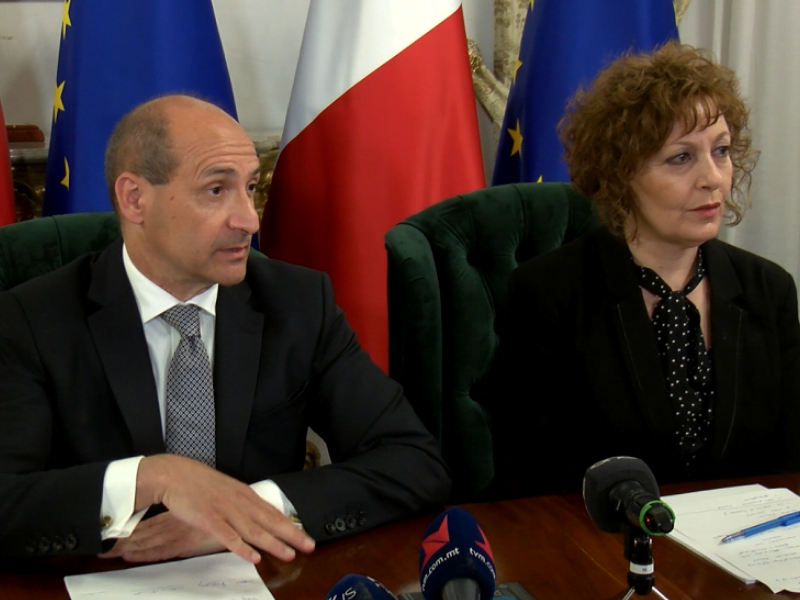News cycles in the mainstream media have ground to almost a complete halt bar one story – the pandemic that holds the world to ransom, with healthcare systems touted as gold standard and best practices buckling under the strain on them.
The lack of preparation of national healthcare systems in the face of a pandemic, combined with complacency, underestimation of the threat, and the slow reaction of the authorities and citizens, has led to the crisis.
Globalisation has facilitated the spread of the virus. The virus has contaminated the planet with lightning speed – the number of people confirmed infected globally is now more than 885,000, while the death toll has exceeded 44,000.
COVID-19 spreads easily and exponentially. Without proper containment measures, an infected person will infect an average of two or three people. Social distancing slows down the spread of the virus, but requires the cooperation of all the community to be effective.
Not all populations are equally disciplined, cooperative or have a strong sense of responsibility towards the community at large. Even so, social distancing is not enough; not only must people limit their direct contact, they need to limit the amount that their paths overlap because it is believed that the virus may linger on some surfaces for several hours or even days.
Today scientific disciplines such as epidemiology can help determine how an epidemic will disseminate and its dynamics. Having said that, there are a number of outcome variables in these calculations, such as human behaviour.
Humans are not homogenous, their behaviour is not static, or uniform. For example, in Asia, they are better prepared because they have had other epidemics and they are more disciplined when it comes to protecting themselves and applying isolation measures. Also, there are many things we don’t know about the virus or are not sure about which could influence its trajectory.
The development of a vaccine can make the virus a manageable threat. In the meantime, while the world might manage to scale down the extent of the outbreak substantially, it can never rid itself of it totally, and insurgences are always possible. But it will take over a year for a safe and effective vaccine to be developed, and the vaccine may need to be tweaked periodically if the virus mutates frequently.
The good news is that there are two vaccines that have been developed, one of which is already being studied in humans, while tests for the virus which will cut the waiting time for the result to a mere 15 minutes are being developed. Also, some drugs already in use for other indications (uses) show promise but still need to be studied further before their efficacy against coronavirus can be established with certainty.
Epidemics always have a political component. Governments often hesitate to apply unpopular measures, which can cause panic and potentially harm the economy. Last week, the World Health Organization (WHO) scolded countries for “squandering” their chance to stop the virus from gaining a foothold, saying that countries should have reacted more aggressively two months ago, including implementing wider testing and stronger surveillance measures.
Malta is no exception. The Prime Minister is on record downplaying the issue, assuring the nation that life will go on as usual. He was very wrong. Health Minister Chris Fearne and Superintendent of Public Health Charmaine Gauci are doing a superb job, but their sound advice is often sidelined by political and economic considerations, as is the advice of the Maltese doctors, pharmacists and a number of unions, who have called for far more stringent measures.
The advice of competent professionals in the field is the only guidance that should be followed by the government. If not, people’s lives are put at risk, and the negative effects on the economy will be greater and more prolonged.
Andre Delicata is a qualified pharmacist.












